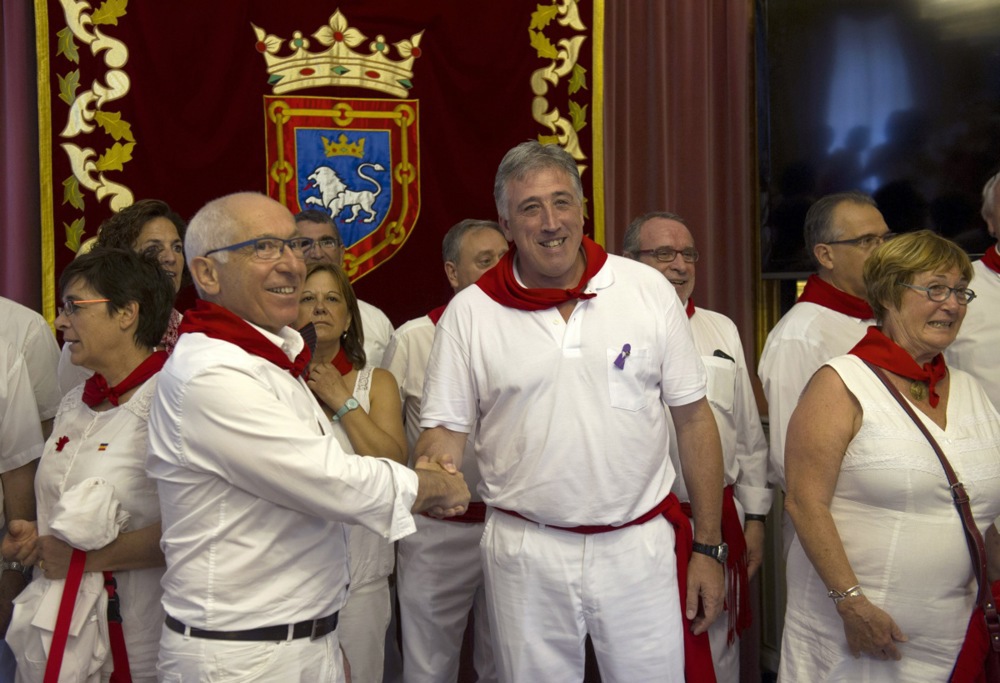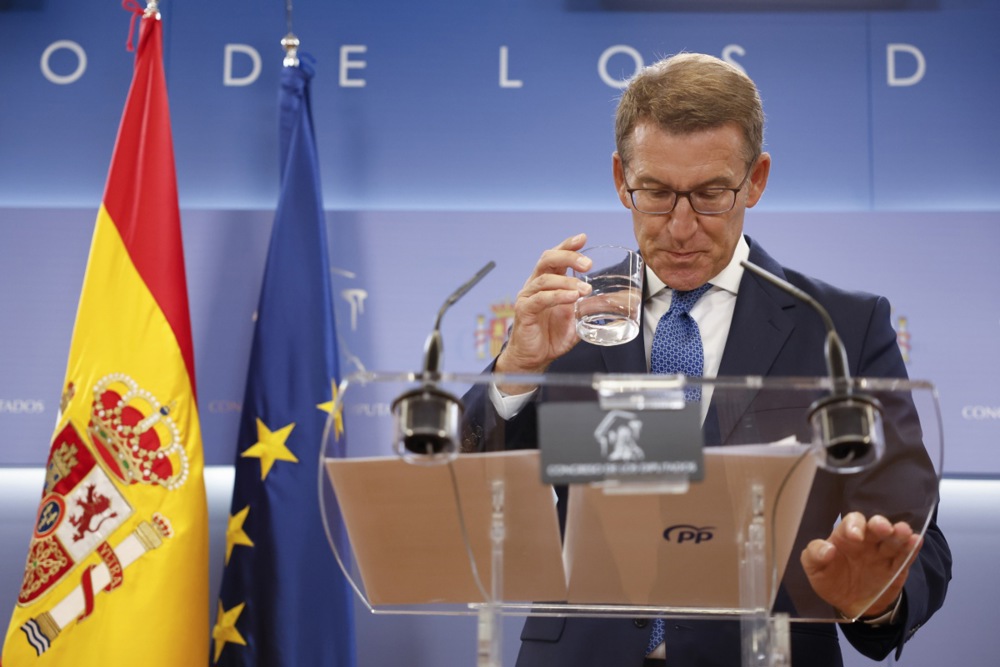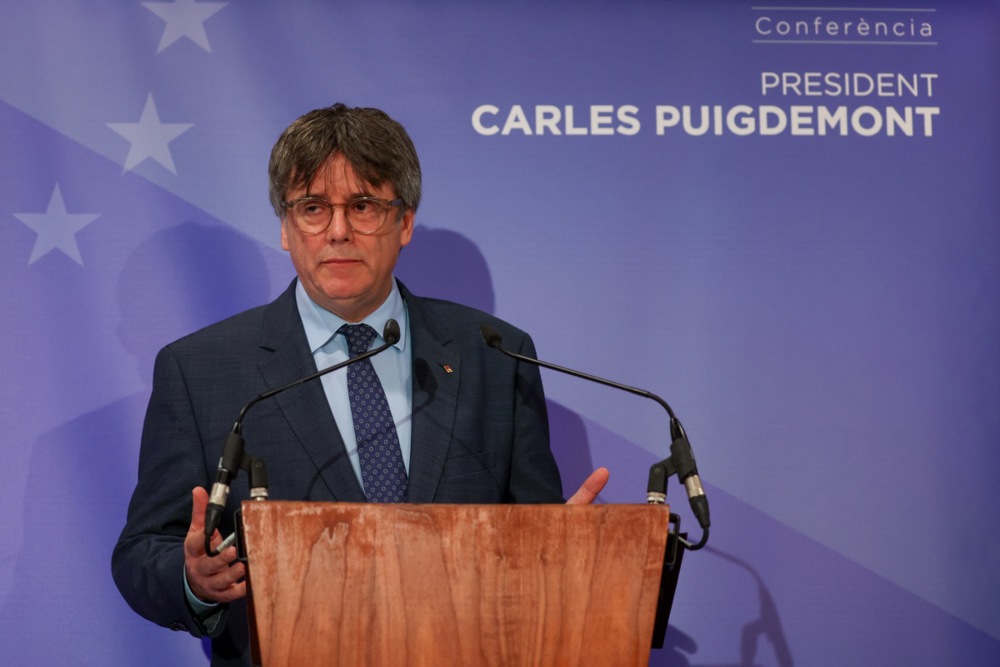The elections in Spain’s Autonomous Community of Galicia have strengthened the region’s separatist movement.
Despite the centre-right Partido Popular’s (PP) victory, the Galician Nationalist Bloc (BNG) increased its share of MPs in the 75-seat regional Parliament.
The BNG went from 19 seats to 25. The Socialist Party (PSOE) saw its share cut down by six seats, despite Prime Minister Pedro Sánchez’s endorsement and participation throughout the campaign.
It marked the worst result for the PSOE in Galicia.
The national coalition partner of the PSOE, the progressive party Sumar, did not gain any representation.
Sumar’s leader – the current deputy Prime Minister Yolanda Díaz – is a Galician native.
The Conservative party VOX also failed to get into the regional Parliament.
The BNG surge “signals this ‘country’ has changed,” said Ana Pontón, the leader of the Galician opposition.
Overall, more than 460,000 Galicians voted for the separatist party in the February 18 regional elections.
Pontón’s BNG won the highest number of votes in Vigo, the region’s most populous city.
“The result has been extraordinary,” she said.
According to Pontón: “The BNG is now the indisputable alternative to the PP.
“The BNG leaves this election consolidated, strengthened and with more drive to keep defending this ‘country’ and its people,” she added.
The BNG is part of a long list of separatist parties that advocate for increased autonomy for their regions.
BNG regards Galicia “as a nation”.
“It has a right to self-determination and to decide its future with freedom and sovereignty,” it states.
Despite its best result ever, Pontón expressed disappointment at the BNG’s failure to obtain an outright majority and give the region a “government of change”.
Galicia remains a stronghold for the PP.
Aside from a four-year term of Socialist rule, in the past 30 years, the centre-right party has governed the region without interruption.
Alfonso Rueda, the current President of Galicia, secured the regional Parliament’s 38-seat absolute majority.
Rueda did oversee a slight slump in PP representation compared to the last legislative term, losing two seats.
It is nonetheless a victory for the national leader of the PP, Alberto Núñez Feijóo.
Feijóo was President of the Galicia region for 13 years, from 2009 to 2022.
The latest election was the first major regional contest after Sánchez’s proposed amnesty law failed to find favour on January 30. The BNG voted for the bill and had also voted for Sánchez’ in his bid for Prime Minister.
The Galician election results are expected to set the tone for further upcoming regional contests in the Basque Country – a stronghold for separatist parties – and the European Parliament elections in June.





